To provide the best experiences, we use technologies like cookies to store and/or access device information. Consenting to these technologies will allow us to process data such as browsing behaviour or unique IDs on this site. Not consenting or withdrawing consent, may adversely affect certain features and functions.
The technical storage or access is strictly necessary for the legitimate purpose of enabling the use of a specific service explicitly requested by the subscriber or user, or for the sole purpose of carrying out the transmission of a communication over an electronic communications network.
The technical storage or access is necessary for the legitimate purpose of storing preferences that are not requested by the subscriber or user.
The technical storage or access that is used exclusively for statistical purposes.
The technical storage or access that is used exclusively for anonymous statistical purposes. Without a subpoena, voluntary compliance on the part of your Internet Service Provider, or additional records from a third party, information stored or retrieved for this purpose alone cannot usually be used to identify you.
The technical storage or access is required to create user profiles to send advertising, or to track the user on a website or across several websites for similar marketing purposes.
 Originally published in March, right at the start of all this. Makes me wonder how far we’ve come in nine months. In Dorian Lynskey’s The Ministry of Truth, a “biography” of Nineteen Eighty-Four, the author describes how Orwell’s book was the end point of an obsession with utopian (and ultimately dystopian) fiction that characterised the first half of the Twentieth Century, and reflected the competing political, social and economic ideologies of the era. More →
Originally published in March, right at the start of all this. Makes me wonder how far we’ve come in nine months. In Dorian Lynskey’s The Ministry of Truth, a “biography” of Nineteen Eighty-Four, the author describes how Orwell’s book was the end point of an obsession with utopian (and ultimately dystopian) fiction that characterised the first half of the Twentieth Century, and reflected the competing political, social and economic ideologies of the era. More →





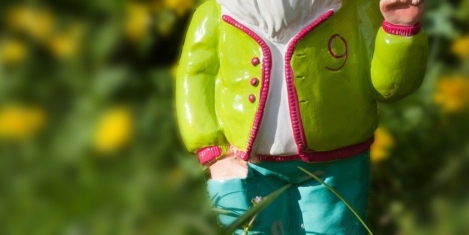




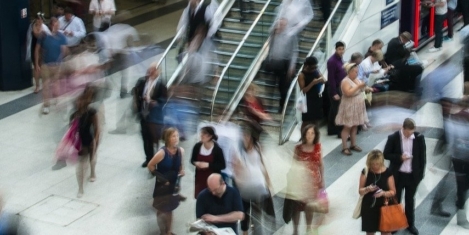
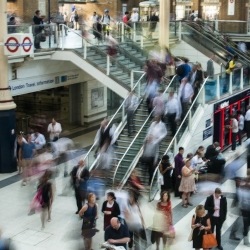


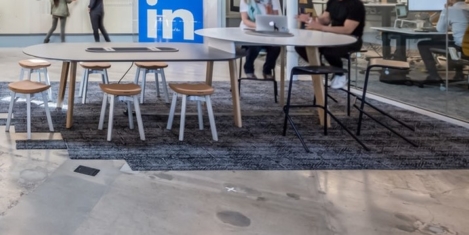
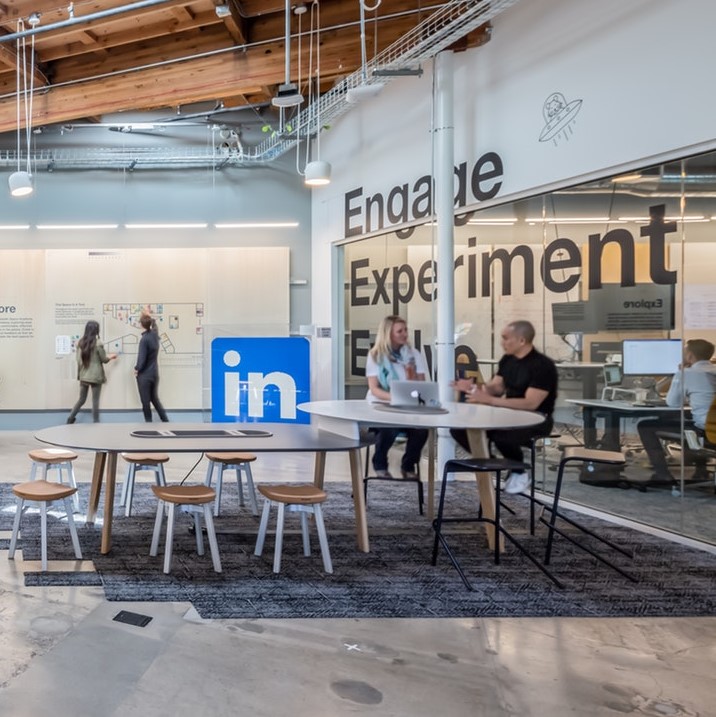


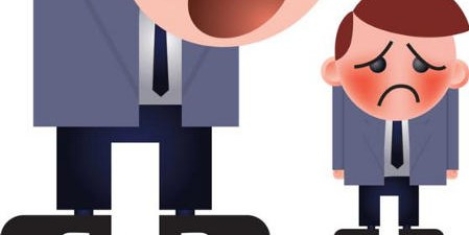
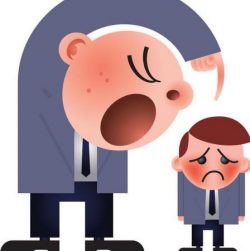




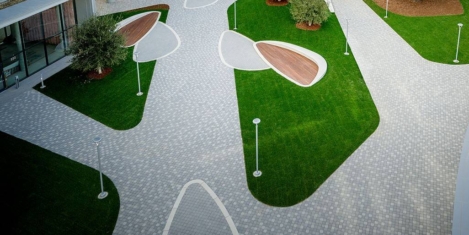
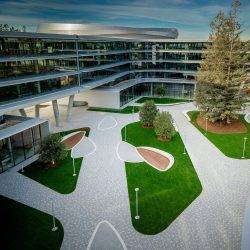


















March 23, 2021
Sustainable office design will not be possible until we are clear about a few things
by Joanna Knight • Comment, Environment, Furniture, JK, Workplace design